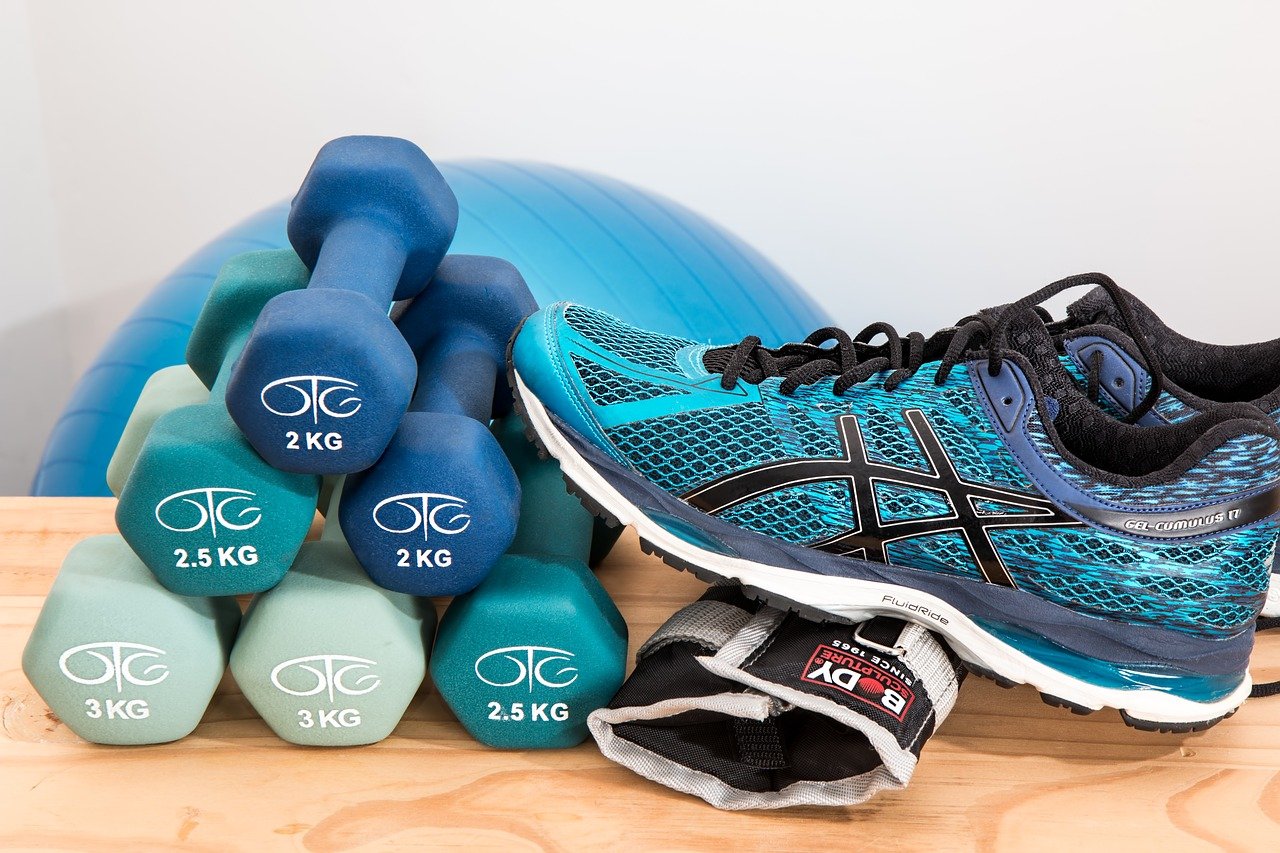
Formation education therapeutique is a specialized school of therapy which focuses on the development of a therapeutic relationship with a child with a mental health issue. The main focus is on the client’s personal and social development, and on the establishment of a therapeutic relationship with the therapist.
I am personally a believer in formation education therapeutique, but I think it is a very controversial idea. Many people view therapy as a last resort for a child, and it is for this reason that formation education therapeutique is so controversial. It seems to me that by focusing on the child’s social and emotional development, it is able to address the issue of child rearing, not so much the issue of mental illness.
I’m not saying I agree with formation education therapeutique, but I do think that, when done correctly, it can be a very effective therapy. The issue is that the therapist has no idea what the child needs, and so it is very hard to establish a therapeutic relationship. In formation education therapeutique, the child is taught and taught by the therapist and then is taught by the therapist again.
The problem is, most people are taught that they are just doing this to help their child, not that they are on the way to becoming a stronger version of themselves. Formation education therapeutique, however, teaches the child how to be a better version of herself. It can help her learn to be a better version of herself and grow up to be a better version of herself.
Formation education therapeutique is a fun, innovative, and inspiring project for our kids, because it teaches the concept of a good form of formation. Its goal is to help the kids learn how to become better, more like themselves.
As you might have seen, our kids can play formation education therapeutique after practice. This is one of the most effective methods that we’ve seen for helping kids grow up and become better, more like themselves. The key is to teach the kids to be a better version of themselves, because as we saw in our first experiment, a bad version of themselves is a threat to their formation.
In our first experiment, we’d have kids play 3-D games and play 3-D puzzles in the same way that a good friend would. In our next experiment, we’d have kids play 3-D games and play 3-D puzzles in the same way that a good friend would.
The best part of these experiments is the kids learning to do things they never thought they could. We even made a video that shows kids doing the same things that we did to them, and they get a huge kick out of it. But we also noticed that a lot of the kids had these kinds of symptoms in the first experiment that they had when they were younger.
These are called “formation disorders.” It’s not that they develop out of nowhere. They’re not new to these kids, and they can be hereditary. They are, however, often caused by things like overworking, too much sleep, stress, and stress hormones. So the next time you see a kid at the playground with a headache and nausea, stop and ask them if they’ve had headaches and nausea in the past.
In the case we’ve looked at, it was a combination of stress, stress hormones, and sleep deprivation. The children were put into formation education therapy, which is a course designed to help children learn how to regulate their stress. This treatment is designed to help kids learn how to manage stress without overworking themselves. They are taught to meditate, and to practice breathing exercises. Their parents learn how to manage stress through the same techniques.
